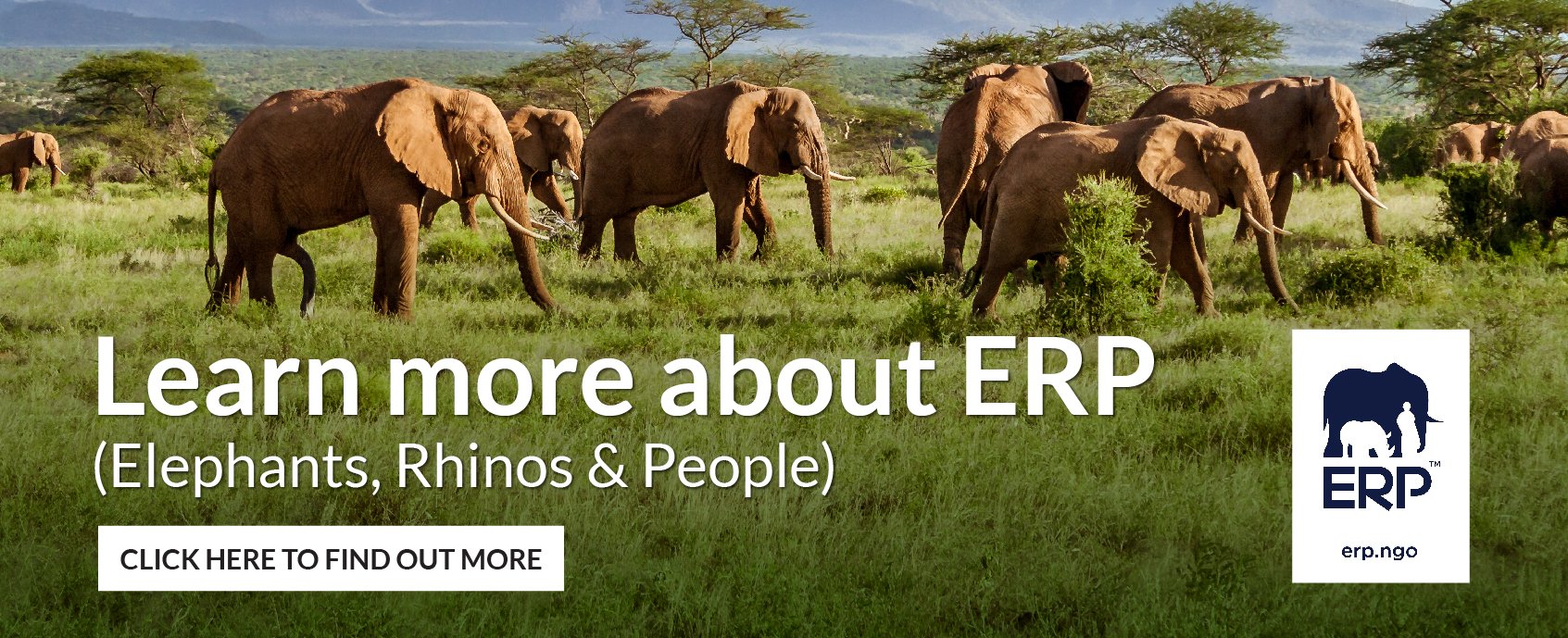Each year, on March 3rd, the global community celebrates World Wildlife Day (WWD).
In 2013, the United Nations General Assembly established World Wildlife Day to celebrate the vast diversity of life on Earth and highlight the critical need to conserve wildlife and their habitats.
The significance of World Wildlife Day cannot be overstated. It's a day to reflect on wildlife's integral role in maintaining the balance of our ecosystems. From providing food, fuel, and medicine to supporting tourism and cultural heritage, nature and biodiversity are the backbone of sustainable development.
Yet, despite their invaluable contributions, wildlife across the globe continues to face unprecedented threats, from habitat destruction to illegal trade, driving many species toward extinction. According to the 2022 Living Planet Report, there has been a staggering 69% average decline in global wildlife populations since 1970, highlighting the critical state of our planet's biodiversity.
As March 3rd nears, let's remember to cherish our wildlife and natural habitats. By fostering awareness and leveraging digital innovations for conservation, we have the power to safeguard our planet's biodiversity. United in our efforts, we can ensure a thriving natural world for generations to come.
Embracing Digital Innovation for Wildlife Conservation
The theme for World Wildlife Day 2024, "Connecting People and Planet: Exploring Digital Innovation in Wildlife Conservation," couldn't be more relevant.
As we find ourselves amid a digital revolution, this theme emphasizes the potential of digital technologies to advance wildlife conservation efforts, promote sustainable and legal wildlife trade, and foster human-wildlife coexistence for future generations.
Digital innovation offers an array of tools that can enhance the effectiveness of conservation efforts. Technology is breaking down barriers and providing new avenues for protecting our planet's biodiversity, from satellite imagery for monitoring deforestation to AI-driven analytics for tracking wildlife populations and patterns. Moreover, as internet connectivity expands, reaching 66% of the global population, the potential for widespread engagement and awareness-raising around conservation issues grows.
However, challenges still need to be addressed, including the digital divide, which leaves approximately 2.7 billion people offline, and the need for sustainable technology practices that do not harm the environment.
This year's World Wildlife Day theme encourages conversations across communities and ages to find new, creative ways to protect wildlife. Using digital technology, we aim to build a worldwide network that's informed and dedicated to preserving nature.
ERP Initiatives: Leading the Charge in Conservation Efforts
At the forefront of the conservation effort is Elephants, Rhinos & People (ERP), a non-profit organization supported by EPI-USE. ERP exemplifies how technology and community involvement can come together to impact wildlife conservation significantly.
ERP's initiatives span a wide range of activities, from tactical interventions like elephant relocations and anti-poaching efforts to innovative projects like drones for monitoring wildlife and the implementation of beehive fences to mitigate human-elephant conflicts.
One of ERP's notable achievements is the drilling of boreholes in Hwange National Park, Zimbabwe, providing water to 1,500 elephants during severe drought conditions, showcasing the practical application of technology in conservation efforts.
ERP's commitment to conservation is also evident in its innovative #BIKES4ERP program, which provides bicycles to children in rural South Africa, facilitating their education and fostering a generation that values and protects its natural heritage.
Organizations like Elephants, Rhinos & People (ERP) are the vital force driving positive change in the conservation world, embodying the crucial link between technological innovation and preserving our natural heritage. As we observe World Wildlife Day, ERP's pioneering initiatives remind us of the powerful impact we can achieve through collective action and innovative thinking in our quest to safeguard the planet's biodiversity for future generations.
Connecting People And Planet: A Call to Action
World Wildlife Day 2024 is more than a celebration; it's a call to action for individuals, communities, and governments worldwide to embrace the power of digital innovation in conservation efforts and to work together towards a sustainable future for all species. By supporting organizations like ERP and participating in conservation initiatives, we can contribute to the preservation of our planet's incredible wildlife and the ecosystems they inhabit.
As we look towards the future, let us remember that every action counts. Whether it's through educating ourselves and others, supporting sustainable practices, or advocating for stronger conservation policies, we all have a role to play in ensuring that the beauty and diversity of our natural world endure for generations to come.
Learn more about EPI-USE and ERP.ngo.
1% of our revenue is applied to the protection and preservation of at-risk elephants and rhinos, through a strategy that is based on poverty alleviation.



